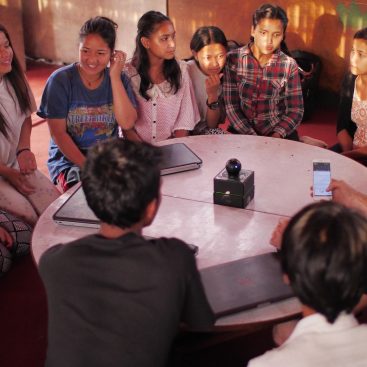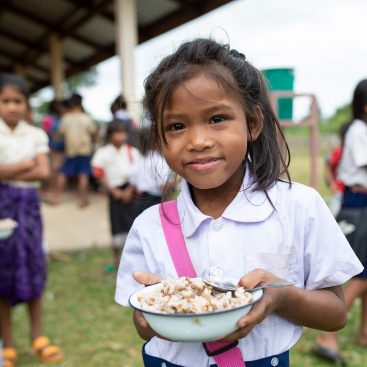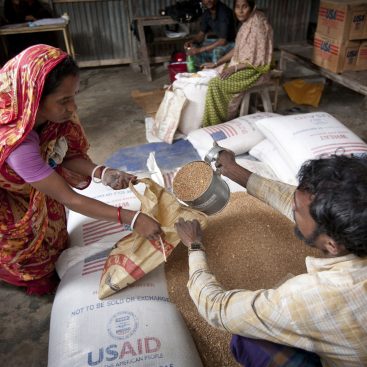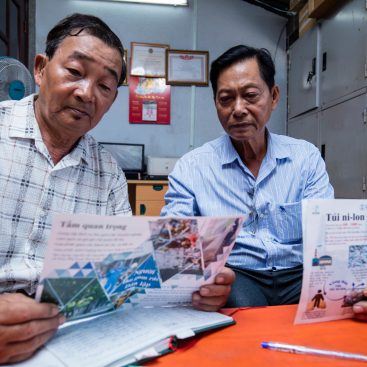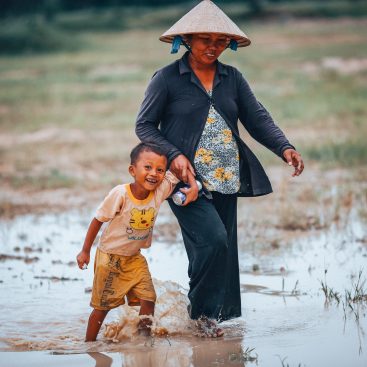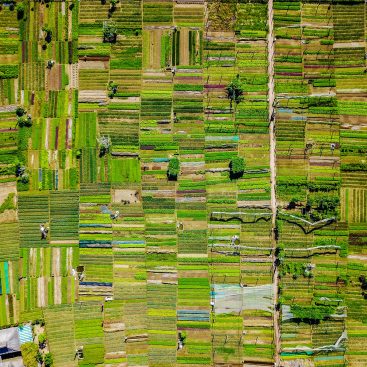Research Team
PI:
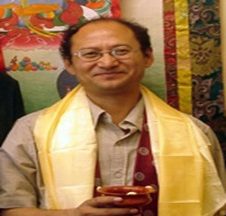
Dr. Mukta S. Lama Tamang
Lecturer, Central Department of Anthropology, Tribhuvan University, Kathmandu, Nepal
Tribhuvan University, Kathmandu, Nepal
mukta.lama@cda.tu.edu.np
Co-Pi:
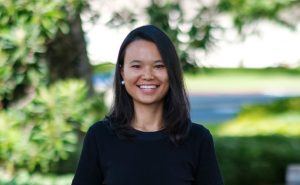
Dr. Phanwin Yokying
Fellow
East-West Center, 1601 East-West Road, Honolulu, Hawaii,
yokyingp@eastwestcenter.org
Supporting Partner(s):
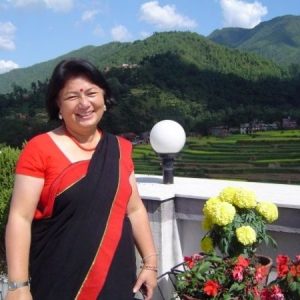
Yasodha Shrestha
GESI Expert Consultant
SAGUN, (Participatory Action Research NGO), Kathmandu, Nepal
Project Information
Title of Project:
State of Social Inclusion in Nepal: A Study of Time Allocation (SOSIN-SOTA)
Sector:
Gender equality and women’s empowerment
Country:
Nepal
Lead Institution:
Central Department of Anthropology, Tribhuvan University, Kathmandu, Nepal
Co-PI Institution:
East-West Center, 1601 East-West Road, Honolulu, Hawaii,
Partner(s):
SAGUN, (Participatory Action Research NGO), Kathmandu, Nepal
Final Budget:
199,821.68 USD
Project Length:
January 2022-April 2023 (15 months)
Research Objective:
This study aims to measure social inclusion in terms of time allocation. This research endeavor will provide a well-rounded and comprehensive understanding of women’s and men’s participation in economic, social, and cultural life—an essential element of social inclusion and well-being. The project will also showcase the reality of excluded and included groups and generate targeted evidence-based policy recommendations to foster gender equality and social inclusion in Nepal.
Project Description:
The 2015 Constitution of Nepal envisions an independent democratic state and an inclusive society. The Government of Nepal and its development partners have also applied Gender Equality and Social Inclusion (GESI) strategies across a variety of key sectors including health, education, agriculture, and rural infrastructure. The USAID Country Development Cooperation Strategy, for instance, acknowledges the existence of rampant gender-based discrimination and its inextricable link to the norms and inequalities between castes and ethnic groups; as a result, one of its development objectives emphasizes identification of GESI gaps and improvement of GESI analysis and data collection.
The GoN and its development partners, however, lack a robust system of generating disaggregated time use statistics and systematic analysis of time use data. Time use data can measure how women and men within the same and across different social groups spend time in daily work and non-work activities. It also captures their time poverty, division of labor, and time tradeoffs. Given that social exclusion is a multidimensional phenomenon, time use measures can improve policies addressing the time barriers to social inclusion. With no national or disaggregated time-use data, understanding the dynamics of social exclusion or monitoring progress of full social inclusion through the lens of time use is infeasible. To build a deeper understanding of social inclusion, this project will generate empirical data and analysis on time allocation by caste, ethnicity, and gender. This study aims to bring quantitative data to measure social inclusion in terms of time allocation. To complement the quantitative data, we will produce an in-depth qualitative study on topics that are not captured quantitatively such as prevailing norms influencing asymmetrical power relations, women and men’s household division of labor, work intensity, their perceptions on time barriers to social inclusion, and the impact of covid19 on these factors. All gender-related data on the SOSIN-SOTA project will be disaggregated by sex.
Embedded Research Translation Product:
- Policy briefs to showcase the SOSIN-SOTA project and compellingly summarize our key and policy-relevant findings and evidence-based policy recommendations needed to help foster social inclusion and gender equality in Nepal.
- Infographic briefs to highlight main research findings and briefly state our policy recommendations.
Embedded Research Translation Audience:
Research translation audience include experts on social inclusion and gender equality from local NGOs; local and international development practitioners; funders/USAID; journalists; local, provincial, and federal government agencies; policymakers; officials from National Planning Commission, Central Bureau of Statistics, and Ministry of Federal Affairs and Local Development

